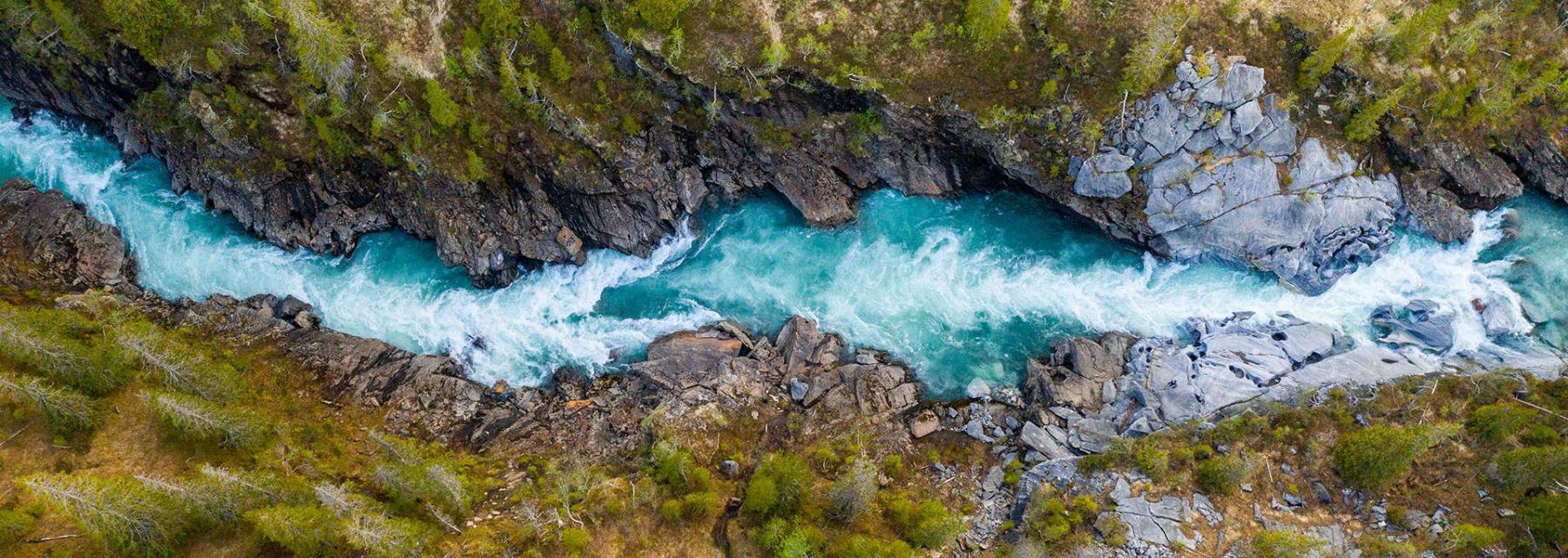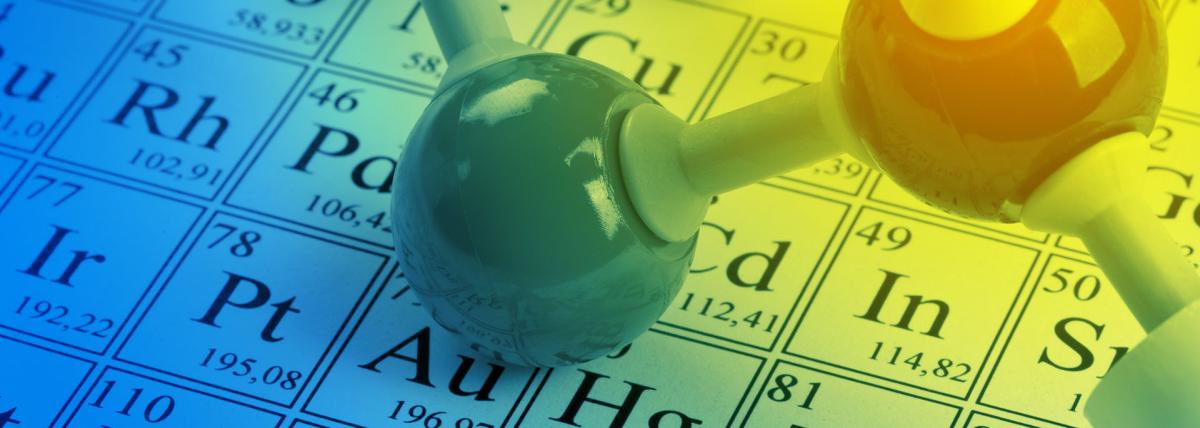
Chemical Water Quality Field Research Project
by Amanda Stalvey
Built as a month long, end of year project, students get to discover the water quality of several geographically different natural water sources by completing field research and data collection. As a student centered project, students will research how to use different water quality testing probes, then conduct online and book research to better understand what water quality is and how it is affected by various contaminants, chemicals and the environment. Using their research and field data, students share their results with each other and write a cumulative water quality report in which they compare and rank the natural water sources they test to each other for safety and environmental impact.
Lesson Plan Link/URL
https://docs.google.com/presentation/d/1kO2haGR__mlh80DBqD1ich6oqkYj48tx/edit?u…Subject Area
Science Physical Science P1: Matter Engineering S4: Apply Science to Engineering Mathematics Measurement and Data (MD) Ratio and Proportion (RP) Expressions and Equations (EE) Statistics and Probability (SP) Algebra (A)
Featured
Off
Related Content

Grades:
11th Grade, 12th Grade
In this lesson, students build and launch their own rockets. They then analyze and explain the motion of the rocket using the cause-mechanism-effect framework.

Grades:
11th Grade, 12th Grade
In this lab, students will extract copper from Copper (II) Sulfate using Iron. Students will balance the equation, label the equation, calculate molar mass, calculate the limiting reactant and excess

Grades:
7th Grade, 8th Grade, 9th Grade, 10th Grade, 11th Grade, 12th Grade
This is an overview of Electronic Circuits, using TinkerCad to learn how to change components, add wires and connect a circuit. Three online simulation lessons are provided with the option to continue